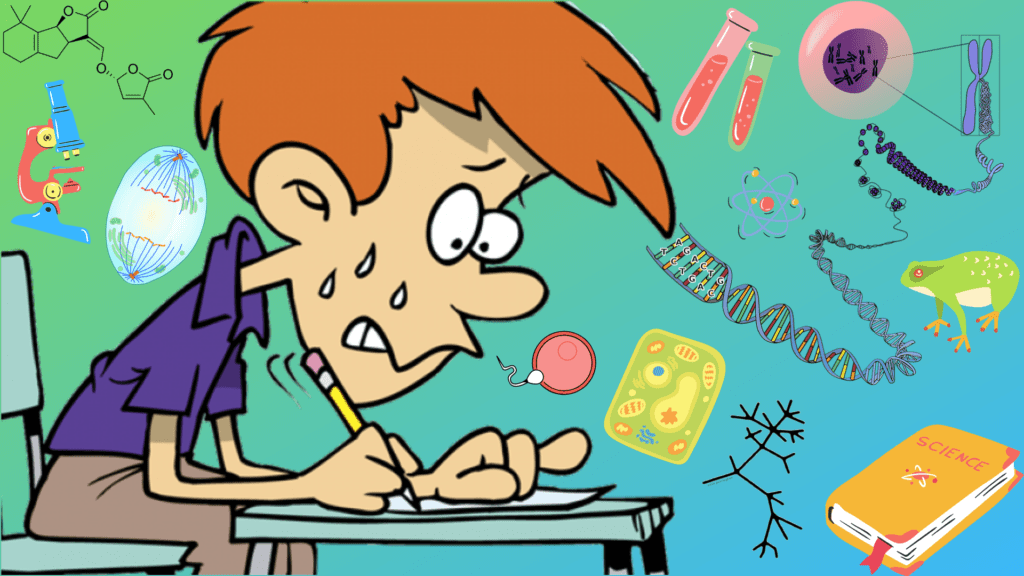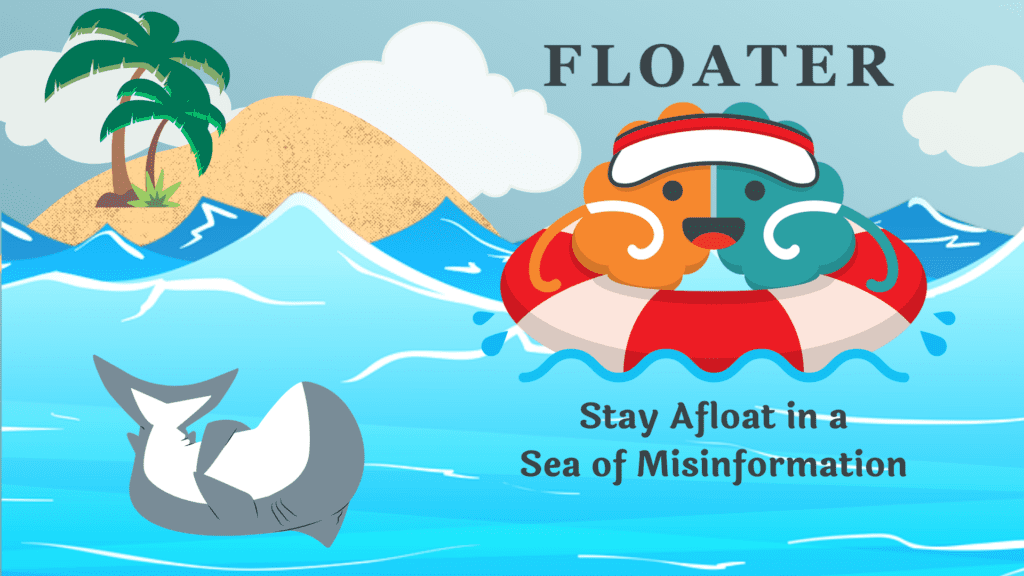Welcome to Thinking Is Power!
My name is Melanie Trecek-King, and I’m a science educator at a community college in Massachusetts. A few years ago, while teaching general education biology (to students who really didn’t want to be there), I thought to myself: What does the average person need to know about science? The stages of mitosis and protein synthesis? Or how the process of science works?
Science for Life: The course that started it all
After my epiphany (okay, crisis) I threw out “baby bio” and started over again with a course I call Science for Life. Instead of teaching students to memorize facts — which are forgettable, can change, are readily available on our phones, and ultimately give students the wrong impression of what science is — the class focuses on three essential skills: science literacy, critical thinking, and information literacy.
Teach Skills, Not Facts
What does a course designed to teach critical thinking, science literacy, and information literacy skills look like in practice? Learn about Science for Life, the course that started it all!
FLOATER: A toolkit for evaluating claims
The overriding goal of the class is better thinking. I want my students to be able to make informed decisions for themselves and their families…and not be fooled by potentially harmful misinformation. But these skills are incredibly difficult to learn. They’re also overwhelming to put into practice. So I created a toolkit, summarized by the (hopefully memorable) acronym FLOATER, to help my students systematically think through claims. I introduce the toolkit early and give them ample opportunities to practice. Because, like I said: critical thinking isn’t easy.
FLOATER: A Toolkit for Evaluating Claims
FLOATER’s seven rules (falsifiability, logic, objectivity, alternative explanations, tentative conclusions, evidence, and replicability) summarize the essence of critical thinking and the process of science.
How to use Thinking Is Power
Along the way, I wondered if people outside my classroom might be interested in learning about science and critical thinking…and so I created Thinking Is Power. And because learning is easier when it’s fun, we don’t take ourselves too seriously here.
How you use this site will depend on your interests and goals. For example:
- Foundations is a “mini course” in critical thinking, information literacy, and science literacy. In a perfect world, you would start at the beginning and work your way through each section.
- Topics is an application of the skills in Foundations to real-world issues. It’s in this section that we explore claims from alternative medicine to psychics to vaccine denial, etc.
- Finally, I know I’m biased, but after years of teaching gen-ed science the “traditional” way, I’m completely convinced the skills approach is more useful. So if you’re an educator, consider using the Foundations and Topics pages as the basis for your curriculum. In addition, the For Educators page has fun assignments and activities.

